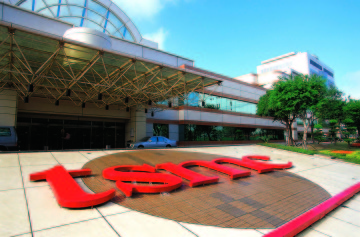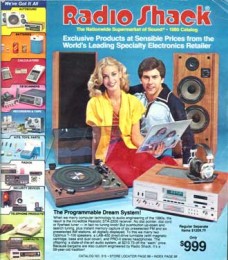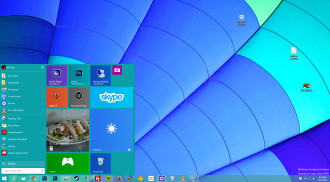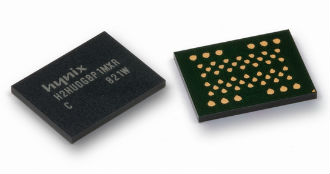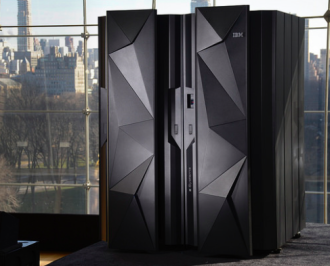 The ironically named CIA Accountability Board has cleared the agency of wrongdoing after the spooks searched the files of congressional investigators who were investigating the possible use of torture tactics during the Bush years.
The ironically named CIA Accountability Board has cleared the agency of wrongdoing after the spooks searched the files of congressional investigators who were investigating the possible use of torture tactics during the Bush years.
The board, set up by the CIA itself, published a report that said that five agency officials made a “mistake” by searching for files used by the Senate Intelligence Committee investigating the CIA, but said that their actions “did not reflect malfeasance, bad faith, or the intention to gain improper access to Senate Select Committee on Intelligence confidential, deliberative material”.
So, that is alright then, Americans can go back to bed knowing that its spooks are not really spying on their elected representatives.
However the accountability board said such a mistake was possible because there were no clear rules for using the “unprecedented” RDINet, the secure network set up to allow congressional investigators to review the CIA’s files on rendition, detention, and interrogation techniques.
The five individuals had “acted reasonably to investigate a potential security breach.”
Needless to say this inquiry overturns the conclusions of the current inspector general of the CIA, David Buckley, who said in a report last July that the five CIA officials had acted improperly by accessing the network. Buckley also found at the time that the CIA had inaccurately filed criminal referrals against congressional investigators that accused them of mishandling classified information.
Intelligence Committee investigators were presented with a message — “your use of this system may be monitored and you have no expectation of privacy” — every time they logged on. While the accountability board rejected that the agency had deliberately attempted to access confidential material, it alleged that Intelligence Committee investigators had accessed restricted CIA documents, violating an agreement about the use of RDINet.
Senators are furious with the results of the review and wanted to make sure that the CIA would stop stonewalling investigations and retaliating by snooping on investigating Senators.
Senator Dianne Feinstein, the ex-chairperson of the SSCI, also voiced her reaction in a statement in which she said she was “disappointed that no one at the CIA will be held accountable.”
Feinstein accused the CIA of improperly accessing Senate computers in 2010, a year after investigators began looking into whether the CIA’s “enhanced interrogation” methods constituted torture. CIA officials had snooped on the Intelligence Committee to discover what it knew about the agency’s interrogation methods, and that officials then began to remove almost 900 documents from the secure network that could implicate the agency in torture.
 British Telecom has been told off by the British regulator Ofcom which seemed to back complaints from smaller broadband provider TalkTalk that BT was abusing its dominant position in the way it priced the wholesale offering.
British Telecom has been told off by the British regulator Ofcom which seemed to back complaints from smaller broadband provider TalkTalk that BT was abusing its dominant position in the way it priced the wholesale offering.